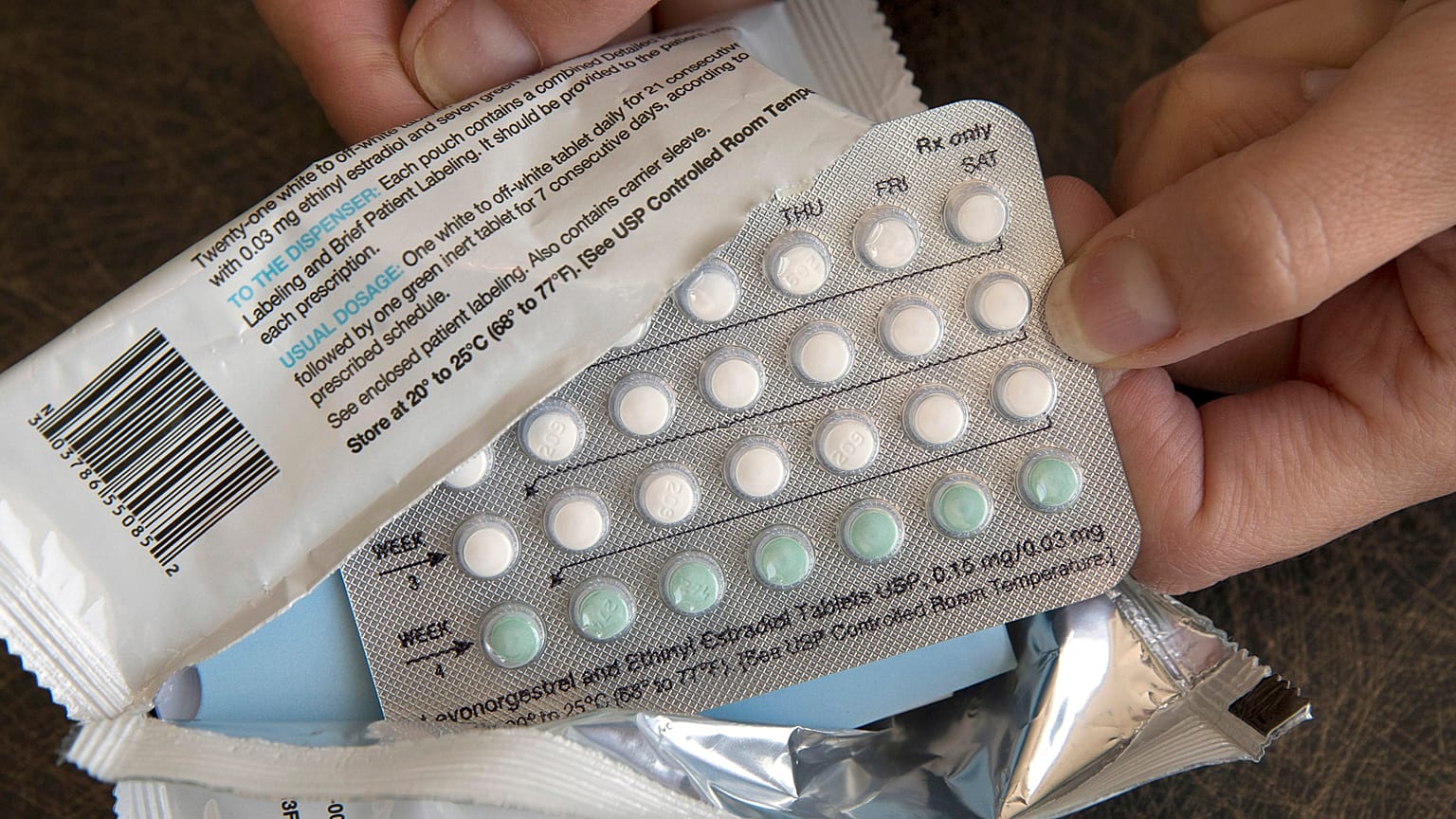The study was produced by the European Parliamentary Forum for Sexual and Reproductive Rights (EPF).
Access to birth control and other forms of contraception in Europe remains noticeably uneven, according to a new report released on Wednesday.
The so-called European Contraception Policy Atlas found that there is a significant amount of work to do in order to help families have children in a planned and measured way.
The executive director of the European Parliamentary Forum for sexual and reproductive rights (EPF), Neil Datta, said that in the 46 countries surveyed, only "57% of women in Europe use modern contraception."
He added that just over a third of pregnancies in Europe are unintended — but not necessarily undesired — which "represents the lowest rate in the world".
Yet within the 27 EU countries, access to contraceptive supplies, counselling and online information differs significantly.
France and Belgium have the highest rates of birth control use, with the lowest numbers in Poland and Hungary.
Datta told Euronews that governments need to make sure that contraception is covered by national health systems and also to have dedicated youth programmes focusing on the matter.
"Many young people may have family plans but not for the next couple of years. So, they may be better suited to certain types of contraception which are long-acting and reversible rather than some others that require daily reminders, such as the contraceptive pill," he said.
Less than half of the countries surveyed include in their national health systems the possibility to cover the total or partial cost of birth control, including more expensive types such as injections, intrauterine devices and implants.
Sophie In't Veld, a member of the informal group known as 'MEPs for Sexual and Reproductive Rights', told Euronews that Brussels has not been vocal enough on the issue.
"The problem is that the European Commission has always been extremely timid and reluctant, not daring to 'go there' because the Commission thinks it is too political," she explained.
"There are [European] campaigns about cancer, obesity, Alzheimer...why not about contraceptives and family planning? Because that is part of public health policy."















